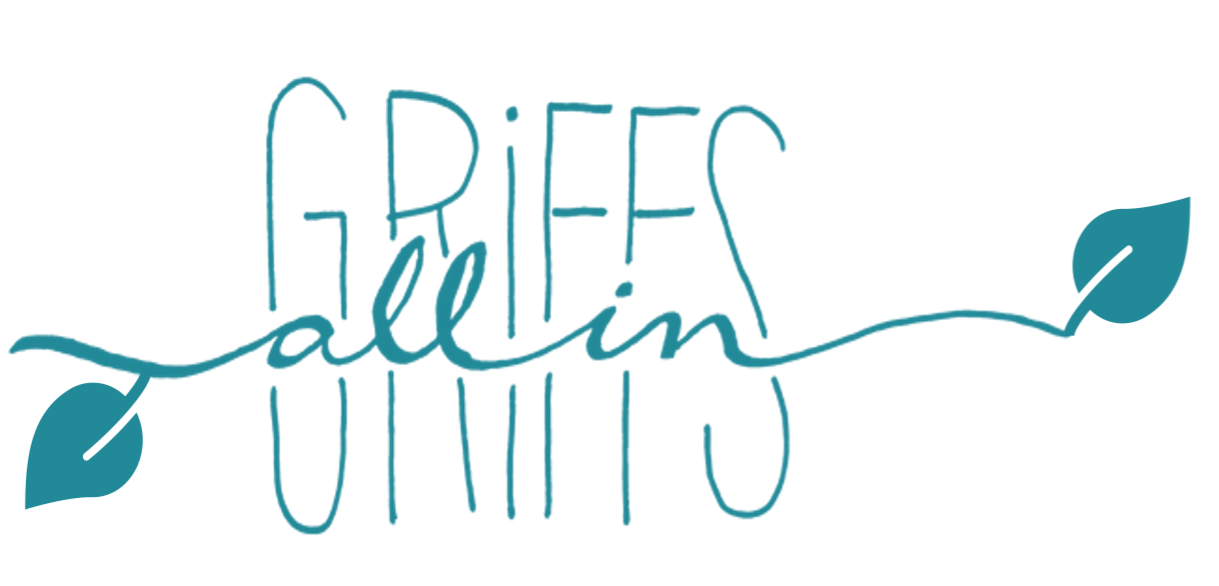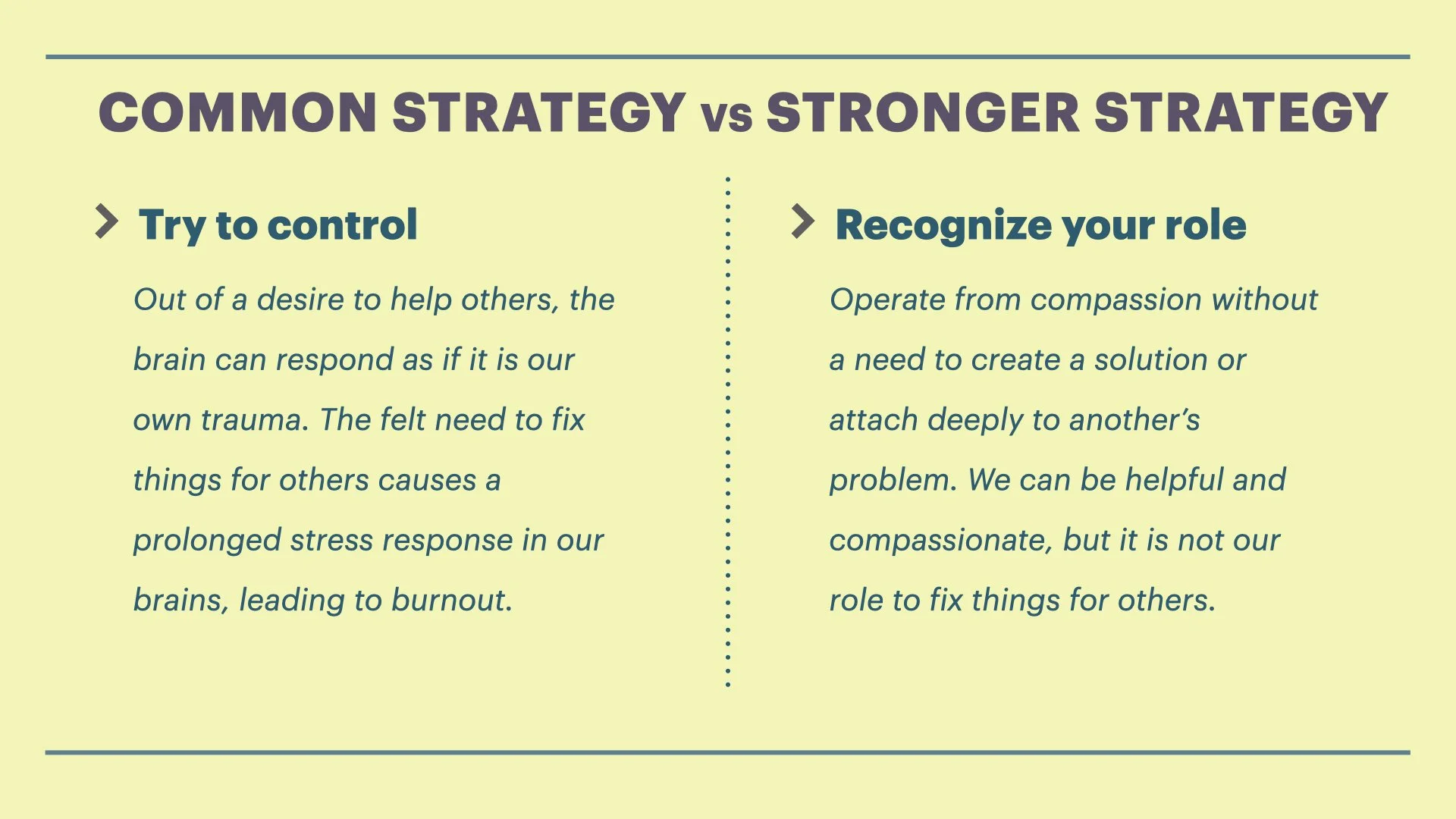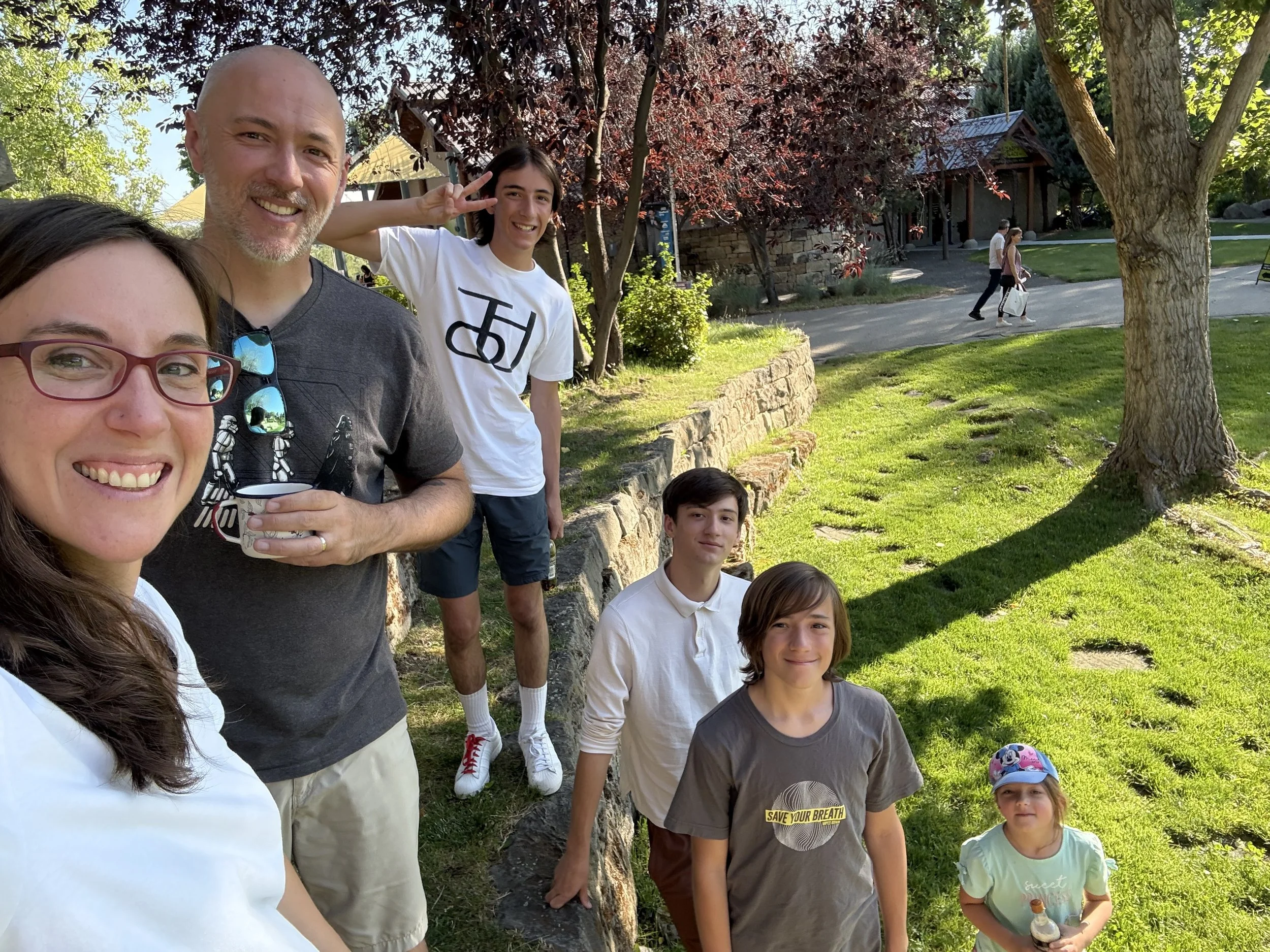Burnout Prevention Pt 4: Know Your Role
“We can be helpful and compassionate, but it is not our role to fix things for others.”
I have responsibility issues…
Waking up in the night worrying about others, trying to fix issues that are not under my supervision, feeling guilty about things going wrong that I am not even accountable for, struggling to ask for help – these are all symptoms of hyper-responsibility.
I want things to run smoothly; I want excellence; I want to help.
But when I consistently trade operating in my own role for trying to control the outcomes of everything, I am teetering on the brink of burnout.
3 Areas to Gain Awareness
There are three key areas that I am learning are vitally important to have an awareness of in order to prevent (or recover from) burnout:
Trauma, identity, and mission.
Trauma
We must be aware of – and actively working on receiving healing for – our traumas.
Whether or not we acknowledge them, our traumas are always in the background influencing or even dictating how we think, feel, and operate. And it’s not just the things that have happened to ourselves directly; there can be factors through our family of origin. As they say in Emotionally Healthy Discipleship, “Jesus may be in your heart, but grandpa is in your bones.”
Without awareness of, and ongoing healing from, our traumas, we respond to others’ trauma as if it is our own. This can lead to urges or even fixations on “fixing” people and situations because we ourselves need to be fixed.
But taking on others’ trauma – and not dealing with our own – “causes a prolonged stress response in our brains” and, ultimately, more harm than good.
Tool: Christian Therapy
For some Christians, there is a negative connotation for receiving therapy or counselling. People who need therapy are messed up! Well, yes. Exactly. Aren’t we all?
“Seeking therapy is not a sign of weakness – it's a courageous step towards healing and personal growth. Just as you'd consult a doctor for a physical ailment, turning to a mental health professional can provide the expertise and support needed to overcome emotional and psychological hurdles.” – from boundaries.me, 1 July 2024
Imagine how free we will be to truly help others as Jesus did when we are free from the emotional and psychological pathways that we are stuck in.
Identity
“In all of creation, identity is a challenge only for humans. A tulip knows exactly what it is. It is never tempted by false ways of being. Nor does it face complicated decisions in the process of becoming. So it is with dogs, rocks, trees, stars, amoebas, electrons and all other things. All give glory to God by being exactly what they are. For in being what God means them to be, they are obeying him. Humans, however, encounter a more challenging existence. We think. We consider options. We decide. We act. We doubt. Simple being is tremendously difficult to achieve and fully authentic being is extremely rare.” David Benner, The Gift of Being Yourself
Truly knowing who we are and being able to bring ourselves fully into all that we do is a gift to the world. Parker Palmer says, “Our deepest calling is to grow into our own authentic self-hood.”
Tool: Discover Who You Are
There are so many resources on identity. Here are a few that I have found particularly helpful:
Book: The Gift of Being Yourself by Dr David G Benner
Teachings: Being the Beloved series by Henri Nouwen
Podcast: Know Yourself That You May Know God - EHL Podcast
Book: The Story of You by Ian Morgan Cron
Book: Victory Over the Darkness by Neil T Anderson
Activity: Craft an identity (I am) statement, asking Jesus who he says you are, and with awareness around your core values. Having a coach guide you is helpful.
Mission
Some people may call this vocation, calling, role, or assignment. Whatever word you use for it, what I want to describe here is distinct from identity (who you are) and more focused on how you are and what you do. Oftentimes a mission is seasonal. For instance, when we were based overseas, my mission was evangelism, establishing faith community, and being a mother to three young boys. Today, my mission is caring for global workers, establishing systems and discipling leaders, and mothering three teen men and one little girl. And so much more!
What are my main assignments? What are the things that God has called me to, that only I can do? Pete Scazzero describes this as discovering and embracing one’s “sealed orders.” With that comes an embracing of limitations. Because I cannot do my main assignments attentively if I am trying to do everybody else’s as well.
Tool: Know Your Mission
Are you aware of your main assignment(s)? If not, how can you discover them? Here are some more resources to get your started:
Podcast: Quit Living Someone Else’s Life - Geri Scazzero
Course: Emotionally Healthy Spirituality (find a course or ask us about our next cohort)
Book/course: Practicing the Way by John Mark Comer
Want to know a secret phrase that I have been using lately?
“It’s not my responsibility.”
As soon as I realise that I am fretting over, taking on, or living outside of my limits, I use these words to remind myself that I am not God (he’s way better at his job than I am), I am not the answer, and I only need to know and do what he wants.
Recently I heard a wonderful podcast (which sadly has disappeared from the interwebs currently) of an interview with Jamie Winship. He had two simple questions to ask of Jesus:
What do you want me to know? What do you want me to do?
This is all that is necessary.






